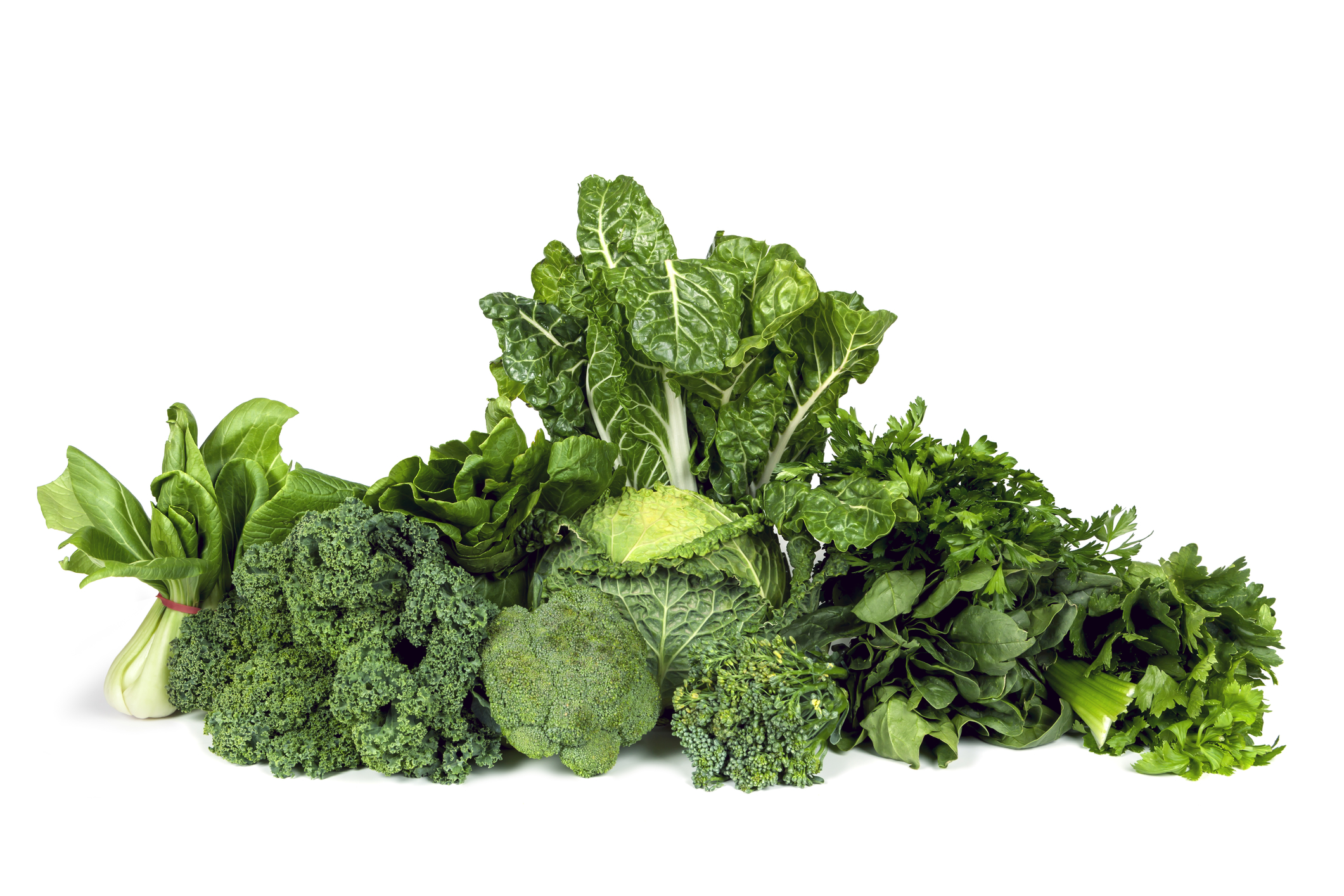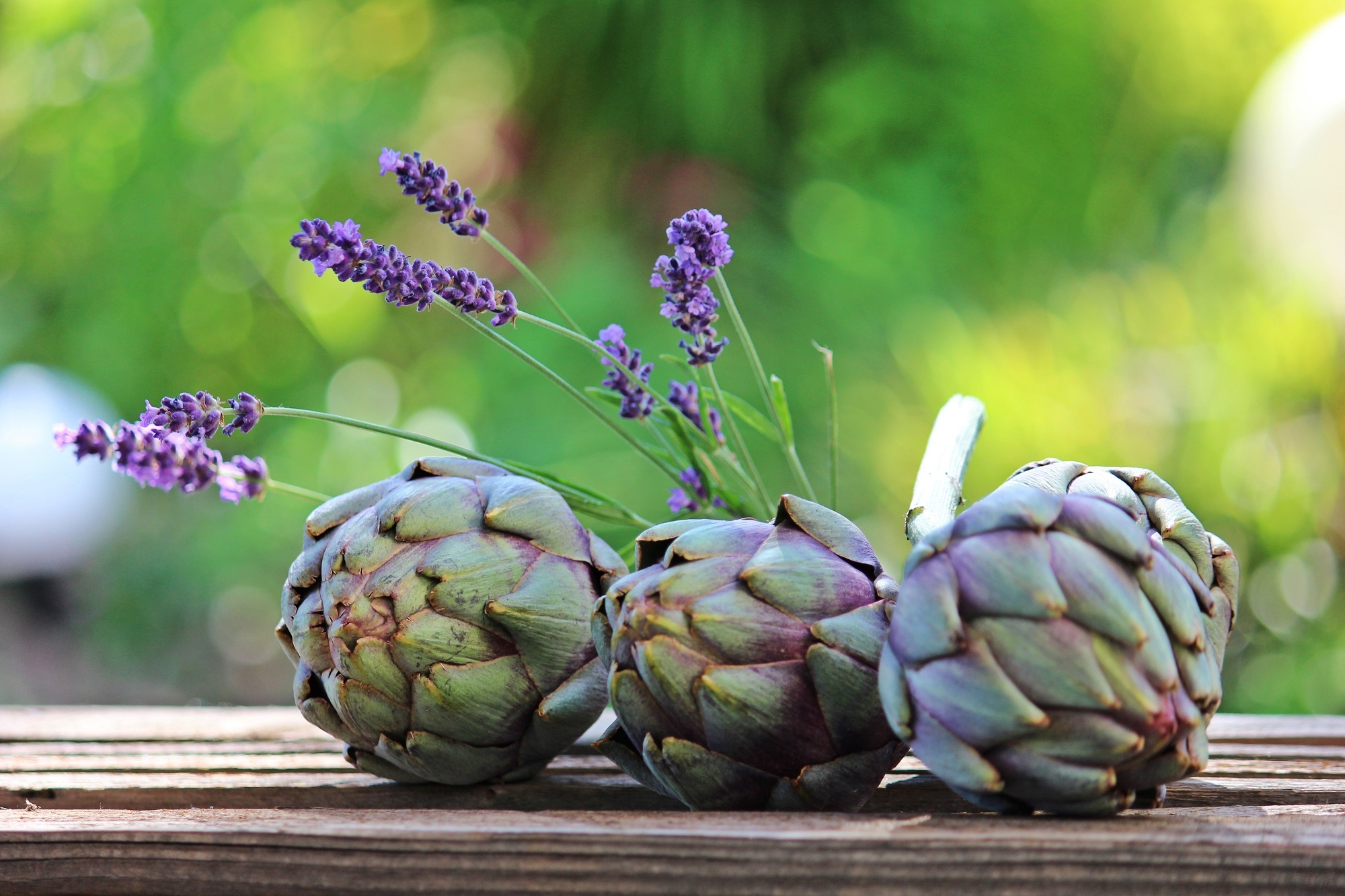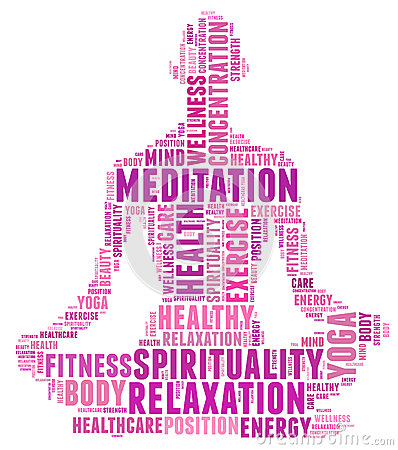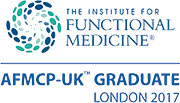What to do about PMS?
Feb 22, 2018
Posted by: Monique Parker

If every month you’re feeling awful before your period, you’re definitely not the only one.
According to Professor John Studd of the London PMS & Menopause Clinic, around 50% of all women are affected by PMS, with 5% of these women having symptoms that are so severe, that it dramatically affects their quality of life[i].
What is PMS?
Premenstrual Syndrome or PMS refers to any symptoms that happen after the middle of your cycle and disappear as soon as your period starts.[ii] It is important when the symptoms occur for it to be classified as PMS.
Over 150 PMS symptoms have been identified so far, ranging from psychological/behavioural symptoms such as mood swings, depression, anxiety, food cravings and fatigue, to physical symptoms like weight gain, bloating, headaches, bloating and breast tenderness.
The actual cause of PMS is still unknown, although there is evidence that it is linked to hormones imbalances, and possibly genetics. For instance, one of the sex hormones, progesterone, is low in about 70% of PMS sufferers.[iii] But that’s not all. There are also theories that involve biochemical pathways (cortisol, adrenaline, serotonin, dopamine and prostaglandins), nutrient deficiencies[iv], or a ‘bad’ diet.[v]
Conventional treatment of PMS is normally medication such as the pill or oestrogen patches. In severe cases with psychological symptoms, antidepressants such as Prozac, are prescribed. However, a lot of the PMS symptoms can be helped with good nutrition and lifestyle changes.
What to do to improve PMS?
- Eat loads of vegetables, in all colours of the rainbow. Especially cruciferous vegetables such as broccoli, Brussels sprouts, rocket, and kale. These contain Indole-3-carbinol, which is beneficial to oestrogen metabolism.[vi]

- Increase the fibre in your diet with vegetables, fruit, wholegrains, and pulses. Fibre is good for balancing hormones as it helps excrete ‘old’ hormones, so they won’t get reabsorbed from the gut, leading to a high oestrogen level.
- A good intake of essential fatty acids is crucial to keep your hormones in check. Healthy fats such as grass-fed butter or ghee, olive oil, coconut oil, avocado, and oily fish, are needed to produce hormones. Good fats also keep inflammation levels low.[vii
Some women swear by Evening Primrose Oil[viii], which contains the omega-6 fatty acid GLA.
Taking the Evening Primrose Oil with vitamin B6 or a multivitamin gives the best results, but make sure you don’t overdo it as the omega 3,6, and 9 fatty acids need to be balanced.
- Cut out refined sugar. Research has shown that most women who are suffering from PMS, consume an excessive amount of refined sugar, which will upset blood sugar balance and impairs oestrogen levels.[ix] [x]
- Cut down on caffeine. Caffeine intake is also linked to PMS, especially in cases with anxiety, irritability, depression, and insomnia. Although there is research that says caffeine intake is not associated with PMS[xi], I would still recommend cutting it out, as caffeine makes the stress response worse. raises blood-sugar levels and stimulates production of the stress hormone cortisol. If you have an issue with cutting down on coffee, try green tea as it has less caffeine, and is full of antioxidants.
- Cut down on alcohol.
Alcohol can also make PMS symptoms worse, as apart from raising blood-sugar levels, it inhibits the absorption and/or use of essential nutrients such as magnesium.
- Eat protein and good fats with every meal to avoid ‘sugar spikes’.
- Don’t skip meals.
- Reduce exposure to environmental hormones (from pesticides, herbicides, plastic etc.). Buy organic produce if possible, and use glass instead of plastic for cooking, water bottle etc.
- Drink enough water, it helps bowel movement, and will flush out toxins from the body.
If you don’t like drinking plain water, infuse it with fresh mint, lemon, orange, ginger, cucumber, or strawberries.
- Support the liver with green leafy and bitter vegetables such as artichokes, chicory, kale, rocket, or spinach.

There are several supplements that can alleviate PMS symptoms, for example:
And last, but not least, stress management (meditation, yoga etc.), good sleep, and regular exercise will all alleviate your PMS symptoms.

Never forget that no PMS sufferer is the same. Every woman is unique and will have specific symptoms, mild or severe. That is why there is no nutritional or supplemental advice that would fit all. But the one advice that counts for all is making sure you have a healthy diet with the nutrients your body needs to support you through your cycle.
REFERENCES
[i] http://www.telegraph.co.uk/health-fitness/body/adult-onset-pms-the-myths-the-treatments-and-why-so-many-women-a/
[ii] Glenville, M. (2001). The Nutritional Health Handbook for Women. London: Piatkus Books Ltd. 80-101.
[iii] Neil, K. & Holford, P. (1998). Balancing hormones naturally. London: Piatkus Books Ltd.. 47-52.
[iv] Retallick-Brown, H. et al (2016). Study Protocol for a Randomized Double Blind, Treatment Control Trial Comparing the Efficacy of a Micronutrient Formula to a Single Vitamin Supplement in the Treatment of Premenstrual Syndrome. Medicines, 3(4), 32. https://www.ncbi.nlm.nih.gov/pmc/articles/PMC5456244/
[v] Trickey, R. (1998). Women, Hormones & The Menstrual Cycle. Australia: Allen & Unwin. 106-122.
[vi] Michnovicz, J. & Bradlow, H. (1991). Altered estrogen metabolism and excretion in humans following consumption of indole-3-carbinol. Nutr Cancer. 1991;16(1):59-66. https://www.ncbi.nlm.nih.gov/pubmed/1656396
[vii] https://draxe.com/10-ways-balance-hormones-naturally/
[viii] Rocha Filho, E. A. et al (2011). Essential fatty acids for premenstrual syndrome and their effect on prolactin and total cholesterol levels: a randomized, double blind, placebo-controlled study. Reproductive Health, 8, 2. https://www.ncbi.nlm.nih.gov/pmc/articles/PMC3033240/
[ix] Abraham, G.E. (1983). Nutritional factors in the etiology of the premenstrual tension syndromes. J Reprod Med. 1983 Jul;28(7):446-64. https://www.ncbi.nlm.nih.gov/pubmed/6684167 (abstract)
[x] Pizzorno, J.E. et al (2016). The Clinicians Handbook of Natural Medicine. 3rd ed. Missouri: Elsevier. 830-842.
[xi] Purdue-Smithe, A. et al (2016). A prospective study of caffeine and coffee intake and premenstrual syndrome.
Am J Clin Nutr August 2016 vol. 104 no. 2 499-507. http://ajcn.nutrition.org/content/104/2/499.full.pdf+html
[xii] Thys-Jacobs, S. (2000). Micronutrients and the Premenstrual Syndrome: The Case for Calcium. Journal of the American College of Nutrition, volume 19, issue 2, p 220-227 http://www.tandfonline.com/doi/abs/10.1080/07315724.2000.10718920 (abstract)
[xiii] Fathizadeh, N. et al (2010). Evaluating the effect of magnesium and magnesium plus vitamin B6 supplement on the severity of premenstrual syndrome. Iranian Journal of Nursing and Midwifery Research, 15 (Suppl1), 401–405. https://www.ncbi.nlm.nih.gov/pmc/articles/PMC3208934/
[xiv] Masoumi, S. Z. et al (2016). Effect of Combined Use of Calcium and Vitamin B6 on Premenstrual Syndrome Symptoms: a Randomized Clinical Trial. Journal of Caring Sciences, 5(1), 67–73. https://www.ncbi.nlm.nih.gov/pmc/articles/PMC4794546/
[xv] Bertone-Johnson et al (2014). Plasma 25-hydroxyvitamin D and risk of premenstrual syndrome in a prospective cohort study. BMC Women's Health 2014, 14:56 http://www.biomedcentral.com/1472-6874/14/56






